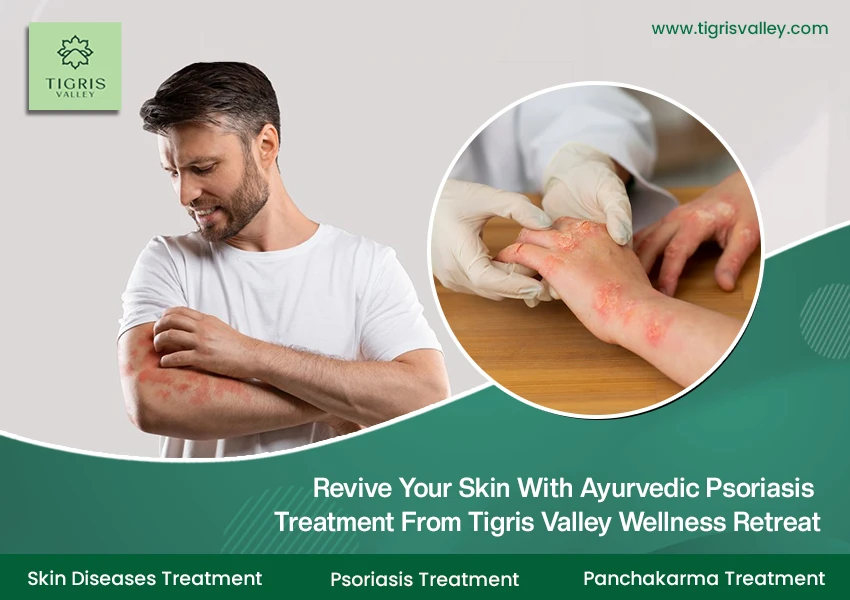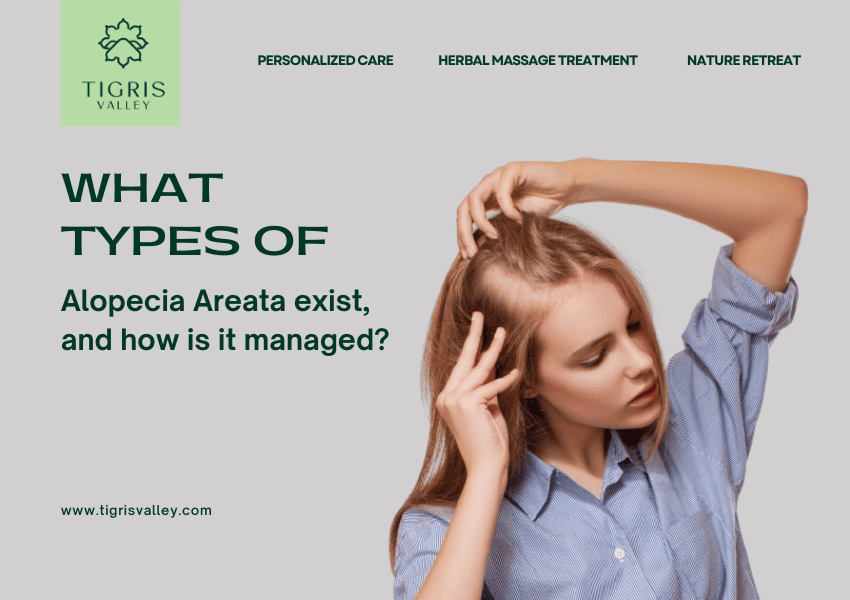
Revive Your Skin With Ayurvedic Psoriasis Treatment From Tigris Valley Wellness Retreat
Revive Your Skin With Ayurvedic Psoriasis Treatment From Tigris Valley Wellness Retreat Dealing with psoriasis can be painful and uncomfortable, as the constant itching, scaling, and redness significantly impact physical…













